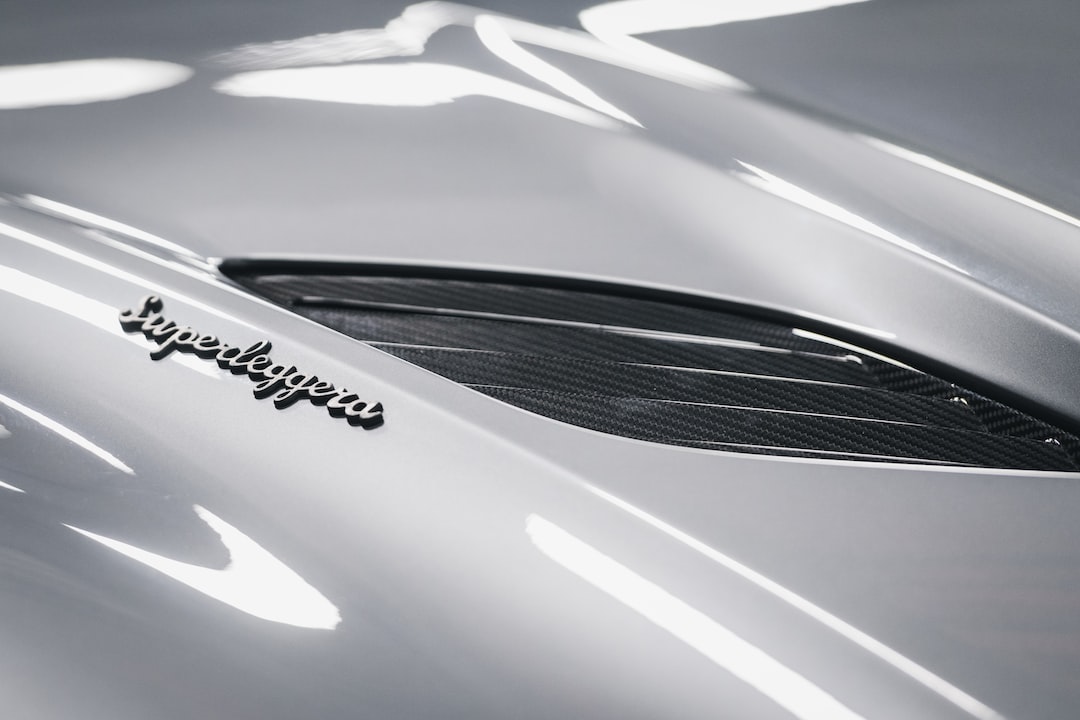The Impact of Technology on Modern Car Design and Functionality
Technology has revolutionized almost every aspect of our lives, and the world of automobiles is certainly no exception. The integration of advanced technology into modern car designs has not only enhanced the overall functionality, but also greatly improved the safety, comfort, and driving experience for car enthusiasts.
One of the most evident impacts of technology on modern car design is the integration of intelligent systems and sensors. These systems are capable of monitoring and analyzing various aspects of the vehicle’s performance, including engine temperature, tire pressure, fuel consumption, and much more. By constantly gathering and processing data, these intelligent systems ensure optimal performance, fuel efficiency, and prevent potential breakdowns. This not only saves car owners from unexpected repairs, but also reduces the overall maintenance cost.
Moreover, technological advancements have also greatly improved the safety features in modern cars. From anti-lock braking systems (ABS) to electronic stability control (ESC) and advanced driver assistance systems (ADAS), these technologies have significantly reduced the risks of accidents and improved overall road safety. For instance, ADAS features like adaptive cruise control, lane-keeping assist, and automatic emergency braking have proven to be real lifesavers on highways, preventing accidents caused by human error.
Another significant impact of technology on modern car design is the advent of electric vehicles (EVs) and hybrid cars. With concerns over global warming and the depletion of fossil fuels, automakers have turned to electric and hybrid technologies to create greener and more sustainable vehicles. EVs are powered solely by electricity, while hybrid cars combine both electric and gasoline power. These vehicles come with their own unique set of challenges, such as limited range and the need for a comprehensive charging infrastructure. However, advancements in battery technology and the increasing popularity of EVs have paved the way for a cleaner and more sustainable future.
In addition, technology has greatly influenced the interior design of modern cars, making them more comfortable and convenient for passengers. From touchscreens and voice-activated controls to wireless connectivity and smart integration with smartphones, cars have become a seamless extension of our digital lives. Passengers can now access their favorite apps, make calls, send messages, and even control their home devices, all from the comfort of their car seats. This connectivity not only enhances convenience but also promotes safety by reducing distraction while driving.
Lastly, technology has also played a crucial role in improving the aerodynamics and overall design of modern cars. With the help of computer simulations and advanced design tools, automakers can create vehicles that are not only visually appealing but also highly efficient. Smooth contours, sleek lines, and innovative materials help to reduce drag and improve fuel efficiency. This focus on aerodynamics not only benefits the environment but also adds to the overall performance and driving experience.
In conclusion, technology has had a profound impact on modern car design and functionality. From intelligent systems and sensors to advanced safety features, electric and hybrid vehicles, improved connectivity, and aerodynamic designs, technology has transformed the way we drive and interact with our cars. As technology continues to evolve, we can expect even more advancements in the automotive industry that will further enhance the functionality, safety, and driving experience for car enthusiasts around the world.

